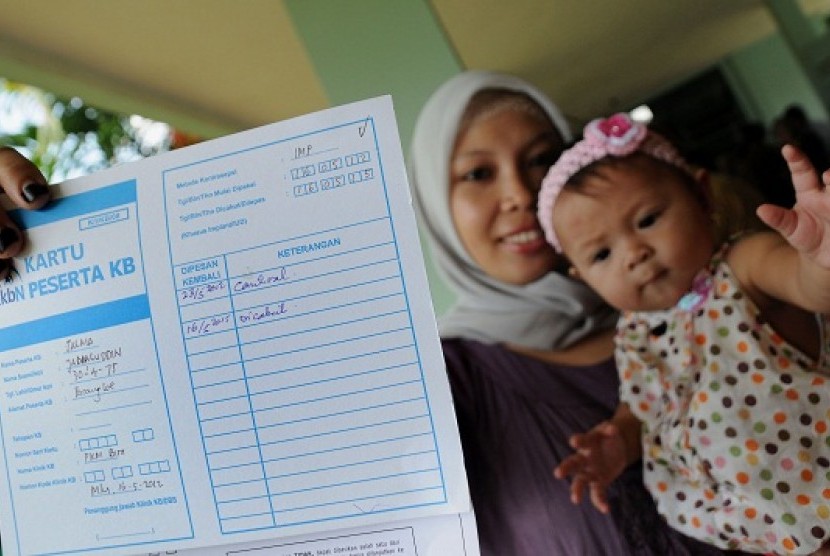REPUBLIKA.CO.ID, MINDANAO - Indonesian and Philippines, two countries with many similarities, cooperate on family planning. Both share their experiences and commit to develop more prosperous people by the implementation of family planning or birth control, as reported by Rosita Budi Suryaningsih from Republika during her visit to the country.
The cooperation is marked by the signing of Memorandum of Understanding (MoU) entitled 'South-South Corporation Initiative in Family Planning'. Indonesia was represented by National Family Planning Coordinating Board (BKKBN), while Philippines was served by the Philippine Commission on Population (PopCom).
"With this MoU, we can learn from each other, then adopt it," the Head of BKKBN, Sugiri Syarief, said.
Initiated by the United Nation Fund for Population (UNFPA) Indonesia, the MoU focuses on Autonomous Region in Muslim Mindanao (ARMM), a region where Muslim Philippines live. Until now, they still have problem with family planning, gender, and reproductive health.
The representative of UNFPA Indonesia, Jose Ferraris, said ARMM contained similar region and culture with Indonesia; its inhabitants are Muslim and its region is archipelago. "With similar characteristic, ARMM can imitate the success of family planning in Indonesia," Ferraris said.
The effort, he said, was to empower Muslim leaders and issue edict from ulama, as implemented in Indonesia. Through the cooperation, ARMM can study the family planning program in detail. "The final goal is to decrease maternal death up to three quarter in 2015 and reach universal access of reproductive health," he said.


